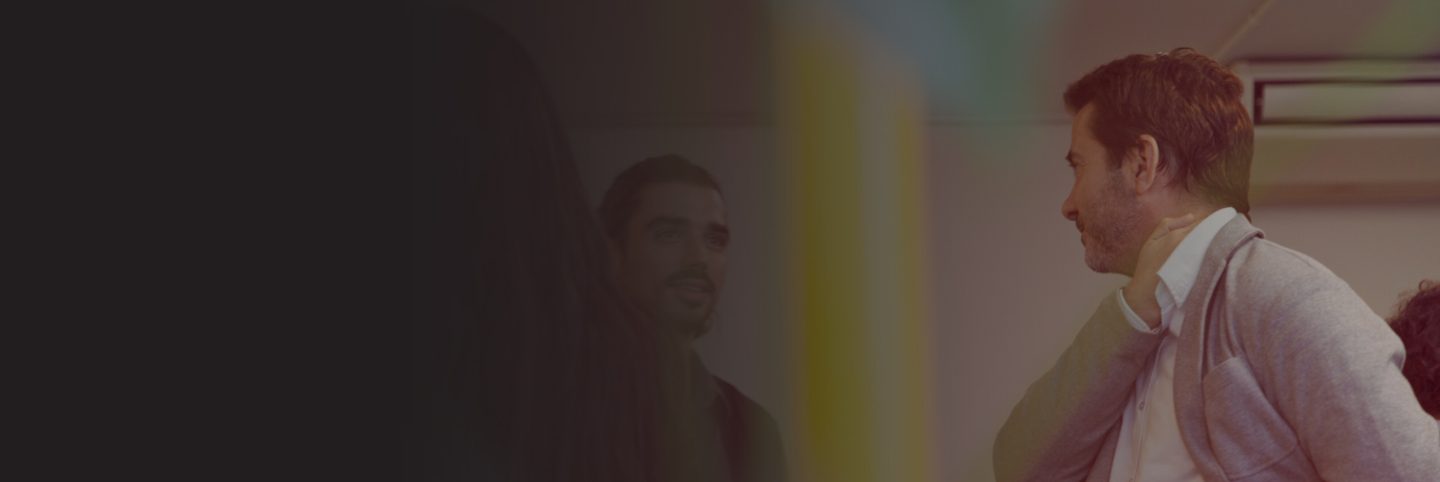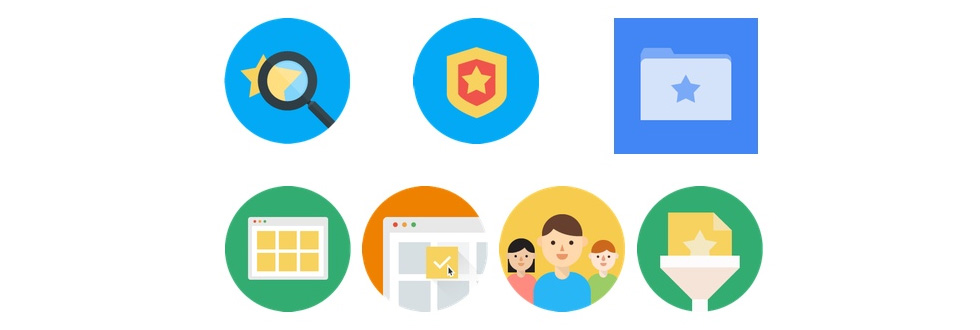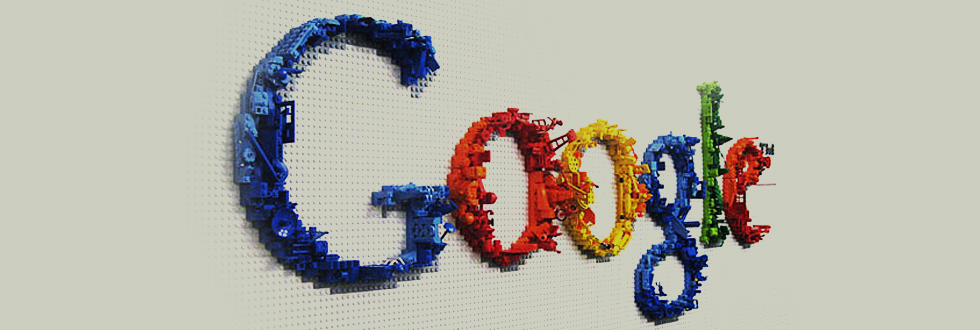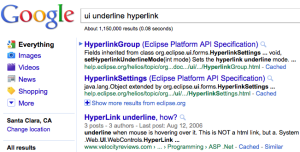Every web browser has Bookmarking feature but a very few of us actually use it and that could be the reason that Google is trying to make it more interesting and useful.
The search giant is experimenting with a new Chrome feature that would allow you to save any piece of content such as a web page, an image or an email. Google named the new service as ‘Google Stars’ and it appears to be in its very early stage. The feature will let users bookmark and save different items on the web and add them to folders. Once saved to a folder, the users will be able to share and review their favorite content later.
The new feature was first discovered by Florian Kiersch – a German student who enjoys fishing Google code. Google’s new read-it-later feature may be similar to the bookmarking feature that’s available in the Chrome right now. The new feature is currently being given to Google employees only for testing. The service will include its own extension to let users save links and will also sort those links into lists and categories automatically.
Kiersch writes – Google Stars was originally named as Google Collections, and it looks more beautiful than bookmarks. Users can already star web pages and emails from Chrome but if this feature ever executed, they can even expect to see the star on YouTube videos, Google+ pages, image search results, and even personal contacts.
According to the current source code, the new feature will make all bookmarks fully searchable. The stars will remain private until made public by users to share them. The search giant will automatically organize your stars, detect spam as well as dead pages, and can categorize the content into filters by discovering the patterns. There will be a bookmark library that will allow users to make notes on their bookmarks.
Images, videos and web pages are specifically mentioned in the source code but it may include nearly all of the Google services. It looks like Google is planning to cover all things under the head ‘Stars’ and the feature is expected to launch in June during Google’s I/O developer conference.




